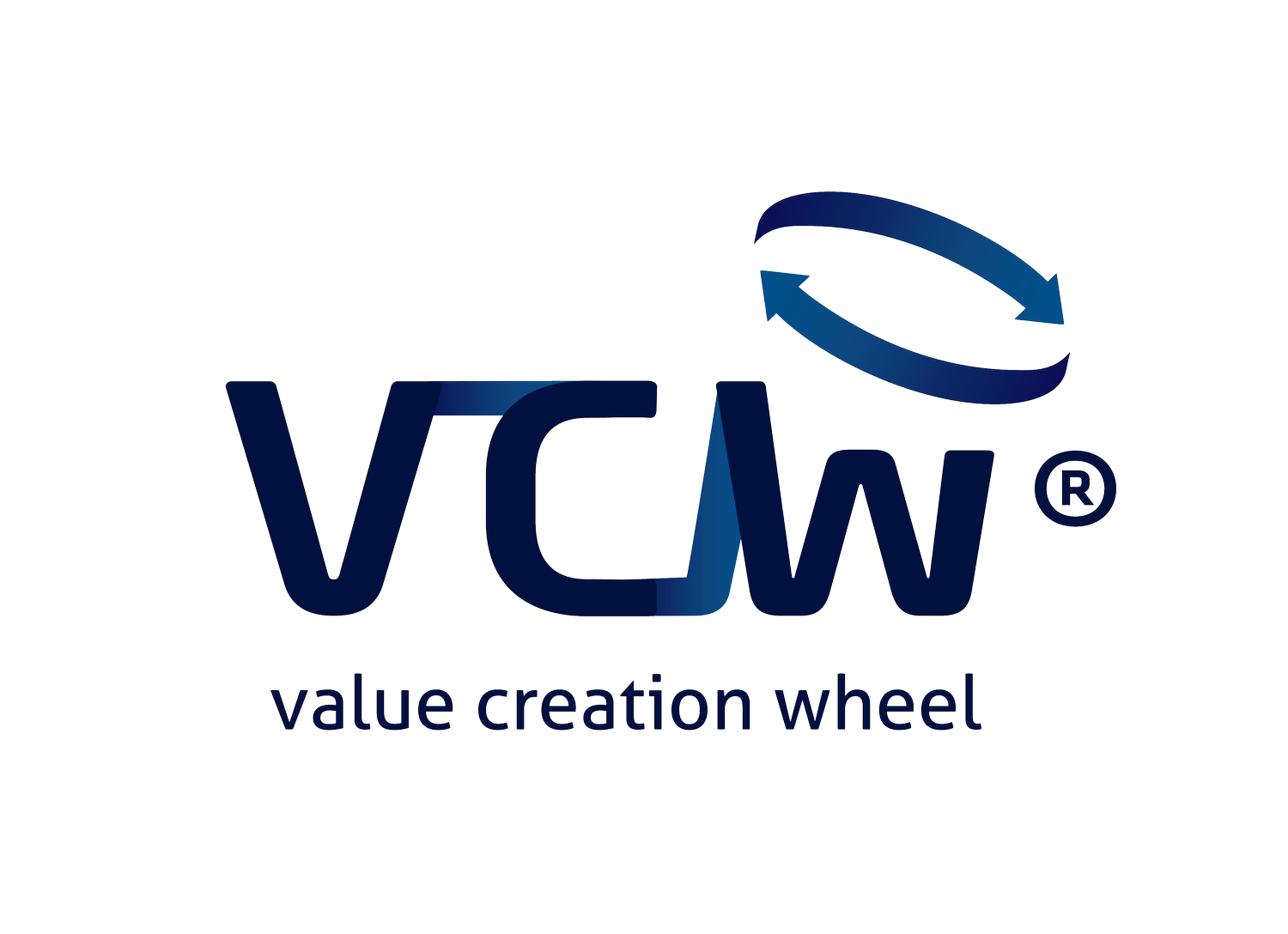VCW 4 RTB: Coastal Resilience with GIS
Distributing geospatial technology for sustainable coastal city management in New South Wales, Australia.
What is the best geographical market where smart sustainability of coastal cities can be achieved or improved using GIS Technology?
RTB uses the Value Creation Wheel to identify New South Wales, Australia, as the optimal market for distributing Hexagon's GIS solutions, targeting coastal city sustainability.
Overview
This presentation detailed RTB's plan to distribute Hexagon's GIS technology for sustainable coastal city management. The Value Creation Wheel (VCW) was used to identify New South Wales, Australia, as the initial target market. The project addresses coastal vulnerabilities by using geospatial data.
Application: Applying the VCW
Discover Value (Phase 1): Defined RTB's mission (increasing accessibility of geospatial technology for coastal cities), vision (becoming a leading distributor), and alignment with SDGs, the European Green Deal, and the Paris Agreement. Performed SWOT, TOWS, PESTEL, and Porter's Five Forces analyses. Identified key stakeholders and attempted outreach.
Induced Solutions & Filters (Phase 2): Considered all 193 UN countries as potential solutions. Brainstormed 68 filters, categorized into relevant fields.
Selecting Filters (Phase 3): Used the POCR method to reduce the filter set to 11 global and 5 local filters. Ranked the global filters based on importance (coastline length, GDP per capita, coastal sensitivity, etc.).
Value Creation Funnel (Phase 4a): Applied the global filters, leading to Australia. Applied local filters, leading to New South Wales.
Positioning & Prototype (Phase 4b): Described New South Wales' characteristics. Analyzed local competitors and identified potential target markets (government, public agencies, councils, private developers, travel agencies). Defined RTB's positioning (distributor of Hexagon's GIS, focused on coastal city management). Developed a website prototype.
Consolidation (Phase 5): Presented the business model canvas, detailed manpower requirements, outlined a financial plan (funding needs, pricing – tiered subscription model), and defined KPIs. Established a timeline for rollout.
Key Takeaways
Target Market: New South Wales, Australia, was chosen due to its long coastline, coastal city density, economic and political stability, and existing government initiatives related to coastal management.
Value Proposition: RTB provides access to Hexagon's GIS technology, along with training and support, enabling coastal cities to monitor, assess, and manage climate change vulnerabilities.
Competitive Advantage: RTB's focuses on specific needs, offering localized services, and a close relationship with Hexagon.
Tiered Pricing: Three tiers (Tier 1, Tier 2, Tier 3) cater to different customer budgets and needs.
Funding Requirement: €400,000 is sought as a convertible note to launch operations.
Conclusion
The startup aims for the sustainability of coastal cities using GIS technology. The next challenges for the company are to continue creating relationships with potential stakeholders, gain funding, and improve their team's skills.


